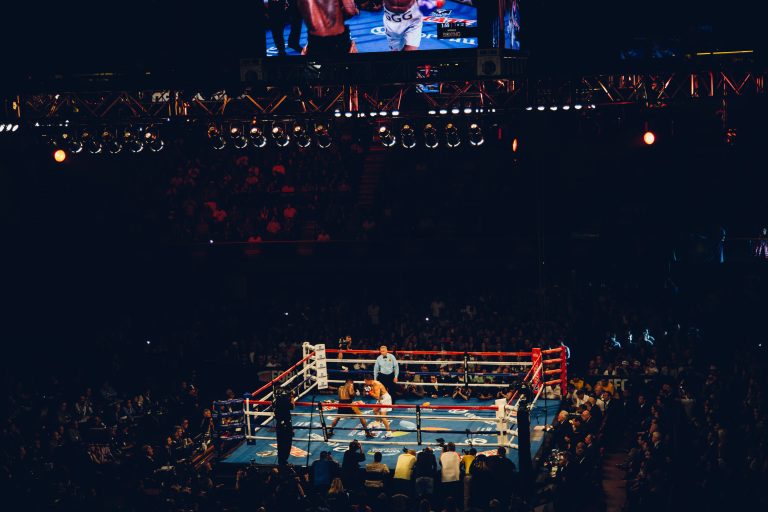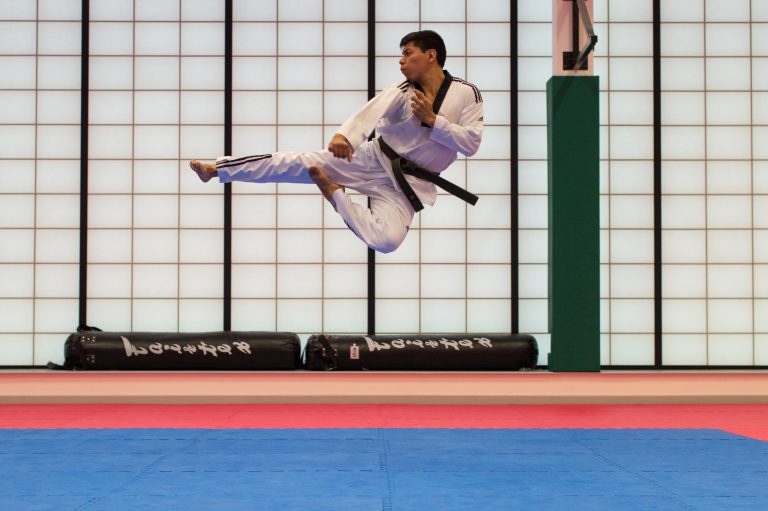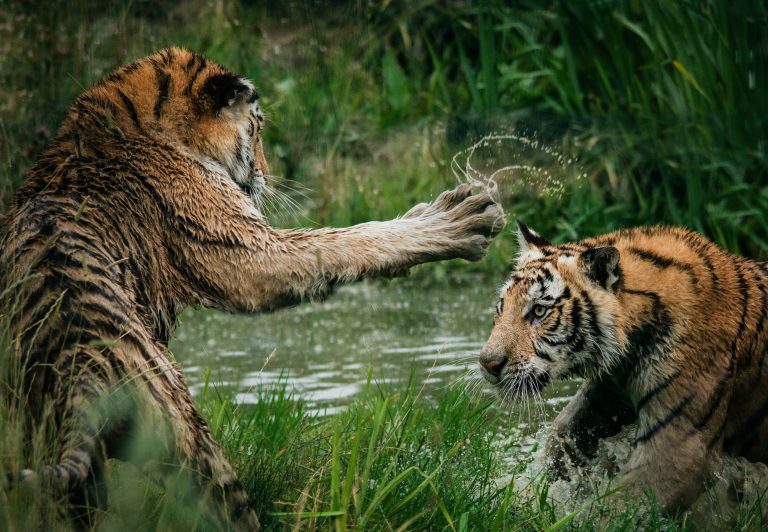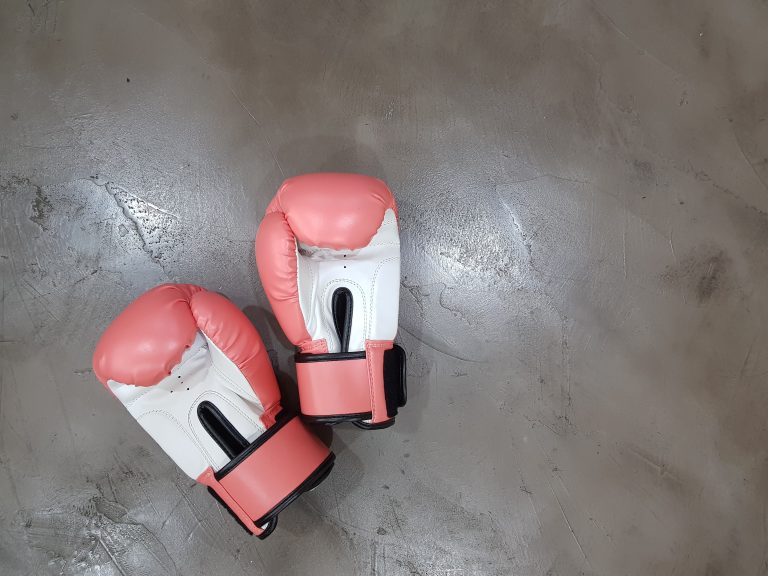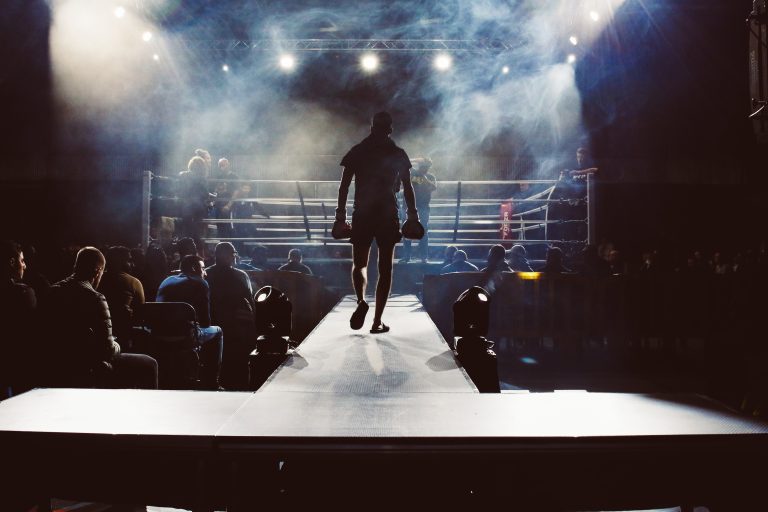The Influence of Fear on Karate Performance: How to Deal With It
Karate is a martial art that emphasizes self-defense, discipline, and respect. It is a challenging sport that requires physical and mental strength, agility, and coordination. However, sometimes fear can creep in and affect a karate practitioner’s performance. Fear can hinder your ability to focus, make accurate decisions, and perform well. But fret not, this article is going to give you tips on how to deal with fear in karate.
What is Fear?
Fear is an emotional response to a perceived threat. It is a natural and primitive instinct that is ingrained in humans and animals alike. Fear triggers the fight or flight response, which prepares the body to react quickly to a perceived danger.
In karate, fear can come in different forms. It can be fear of injury, fear of failure, fear of a stronger opponent, or fear of performing in front of an audience. Whatever the cause, fear can significantly impact your karate performance.
How Fear Affects Karate Performance
Fear can impact your karate performance in various ways:
1. Lack of Focus: Fear can cause your mind to wander, making it challenging to concentrate on the task at hand. This lack of focus can cause you to miss critical cues from your opponent or miss opportunities for strikes, blocks, or counterattacks.
2. Increased Tension: Fear can cause tension in your muscles, making them rigid and reducing your overall range of motion. This tension can hinder your speed, power, and accuracy.
3. Slow Reaction Time: Fear can also slow down your reaction time, making it challenging to react quickly to your opponent’s attacks.
4. Negative Self-Talk: Fear can also fuel negative self-talk, which can undermine your confidence and self-belief.
How to Deal with Fear in Karate
1. Identify Your Fear: The first step in dealing with fear is identifying its source. Is it fear of injury, fear of failure, or fear of performing in front of an audience? Once you identify your fear, you can begin to address it.
2. Prepare Mentally and Physically: Preparation is key in dealing with fear. Make sure you are adequately prepared physically and mentally for your karate performance. Being in good physical shape and having a calm and sharp mind can help reduce fear.
3. Visualize Success: Imagine yourself performing well and succeeding in your karate performance. Visualization can help reduce fear and build confidence.
4. Focus on Your Technique: Concentrate on your karate technique and execute it well. This focus can help reduce fear and anxiety.
5. Breathe: Take deep breaths and stay relaxed. Breathing can help reduce tension and anxiety.
6. Positive Self-Talk: Use positive self-talk to boost your confidence and self-belief. Remind yourself of your training and past successes.
7. Embrace Fear: Finally, embrace fear. Accept it as a natural feeling and use it to fuel your determination and drive to succeed.
Conclusion
Fear is an inevitable part of karate and any sport that involves competition. While fear can hinder your performance, it can also be used as a driving force to succeed. By following these tips and techniques, you can learn how to deal with fear in karate and perform at your best. Remember, karate is not just about physical strength, but also mental strength that can help you overcome any challenge.
The Influence of Fear on Karate Performance: How to Deal With It
Karate is a martial art that requires physical fitness, mental strength, and an unwavering focus to perform at the highest level. While dedication to the sport is essential, fear can be a significant obstacle that hinders an athlete’s performance in karate. In this post, we’ll discuss the influence of fear on karate performance and ways to overcome it.
What is Fear?
Fear is a natural human emotion triggered by a threat to our physical, emotional, or psychological well-being. In the context of karate, fear can arise from various sources such as fear of failure, fear of injury, fear of disappointing others, and fear of the unknown.
How Does Fear Affect Karate Performance?
Fear can have a significant impact on an athlete’s ability to perform in karate. It can lead to increased anxiety, decreased concentration, and lowered self-confidence. When an athlete is afraid, their fight or flight response kicks in, which can lead to physiological changes such as an increased heart rate, enhanced breathing, and elevated cortisol levels. All these responses can affect an athlete’s coordination, timing, and accuracy in karate.
What are the Common Fears Experienced by Karate Athletes?
The following are some fears that karate athletes commonly experience:
1. Fear of Failure:
Many karate athletes fear that they will not perform well in a competition or fail to meet their personal performance standards.
2. Fear of Injury:
Karate is a high-impact sport that involves punches, kicks, and throws, which can lead to injuries. Fear of getting injured can lead to hesitation and tentativeness in karate.
3. Fear of Disappointing Others:
Karate athletes may feel pressure from their coaches, parents, team members, or fans to perform well in competitions. Fear of disappointing others can lead to added anxiety and low self-confidence.
4. Fear of the Unknown:
Many karate athletes fear the unknown or unfamiliar aspects of the sport, such as competing in a new venue, facing a new opponent or dealing with changes in the competition format.
How to Overcome Fear in Karate?
The following are some ways to overcome fear in karate:
1. Identify the Source of Fear:
The first step in overcoming fear is to identify the source of fear. Understanding what triggers the fear can help an athlete develop strategies to manage it better.
2. Practice Relaxation Techniques:
Practicing relaxation techniques such as deep breathing, yoga or meditation can help reduce anxiety and promote calmness.
3. Create a Positive Self-Talk:
Positive self-talk can help shift an athlete’s mindset from a negative to a positive outlook. Athletes can develop mantras that inspire, motivate and empower them to face their fears.
4. Visualize Success:
Visualization is a powerful technique that involves picturing oneself performing at their best. Athletes can visualize themselves performing moves perfectly or winning contests, which can help build confidence and reduce fear.
5. Seek Professional Help:
If an athlete’s fears are ongoing and persistent, it may be helpful to seek professional help from a sports psychologist or mental health professional. A professional can help develop a customized plan to overcome fear in karate.
Conclusion
While fear can be debilitating, it is not a factor that karate athletes have to endure. By identifying the source of fear, practicing relaxation techniques, creating positive self-talk, visualizing success, and seeking professional help if needed, athletes can overcome fear in karate and compete at their best. Remember, fear is just an emotion, and like other emotions, it can be controlled and harnessed to bring out the best in athletes.
Inhaltsverzeichnis

